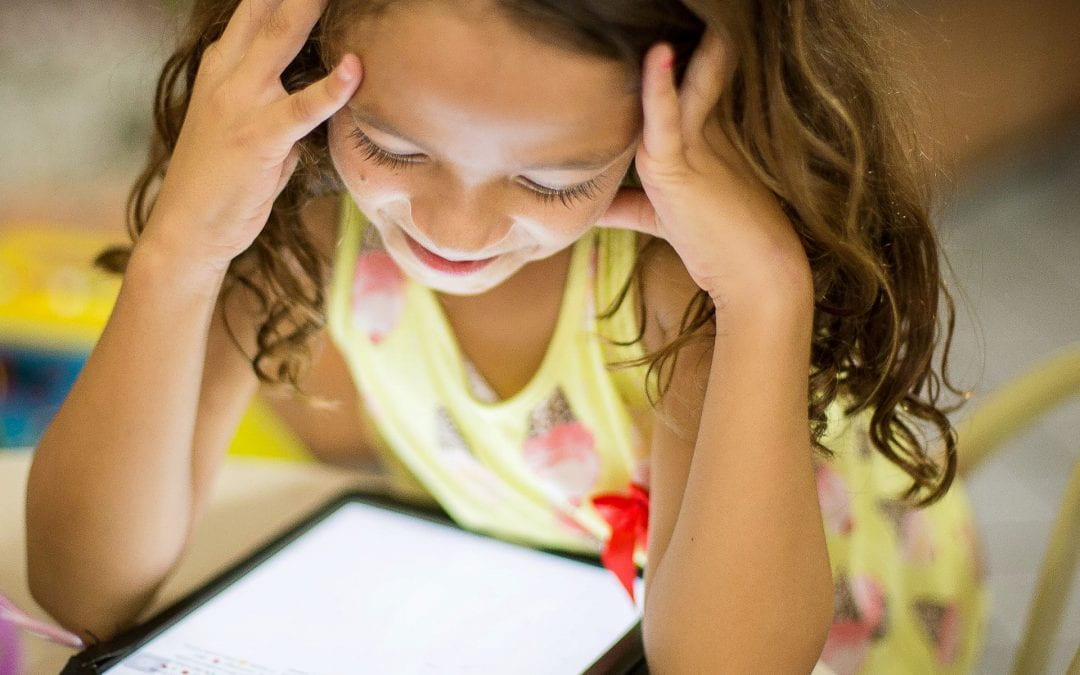When: Wednesday October 27 at 3.30pm
REGISTER HERE to book your free place and receive the Zoom link.
A Better Start E Tipu e Rea National Science Challenge invites you to a free webinar exploring the impact of Covid-19 and increased screen time on children’s learning success, on Wednesday October 27 at 3.30pm.
Our deputy director, Professor Gail Gillon, will be joined by three key speakers:
- Professor Brigid McNeill, A Better Start’s Successful Learning theme leader, who will discuss data from student interviews (10-12 years old) about last year’s lockdown, and the theme that arose: how much children loved more screen time for entertainment, but not for learning
- Professor Susan Morton, Foundation Director of Growing Up in New Zealand, who will look at young children’s time on digital devices and the potential impact on their learning
- Tampy Bernard, Talking Matters Community Activator, who will discuss working positively with families (with a focus on Pasifika families) to support young children’s oral language, and impacts on children’s early learning
Following the presentations, there will be a panel discussion led by Professor Gillon.
This webinar is free and open to anyone, but will be of particular interest to educators. It is hosted on Zoom; Registration is essential.
A Better Start is hosting child health and child wellbeing webinars throughout 2021-22. To be notified of our latest webinars and receive registration links sign up to our newsletter.
We look forward to seeing you on October 27 at 3.30pm.
About the presenters
PROFESSOR BRIGID McNEILL is a professor in the School of Teacher Education and the Child Well-being Research Institute at the University of Canterbury. She is the theme leader for A Better Start’s Successful Learning theme, and has co-led the development of the Better Start Literacy Approach. She is an international expert on literacy development in children with speech disorders, particularly those who have childhood apraxia of speech. Her research also focuses on developing and evaluating methods to better prepare teachers to support children’s early literacy development.
PROFESSOR SUSAN MORTON is the Foundation Director of Growing Up in New Zealand (GUINZ), providing oversight, advice and expertise to the study. She has spearheaded Growing Up in New Zealand since it began and has developed an international reputation as a leader in longitudinal research.
Professor Morton is also the Director of the University of Auckland’s Centre for Longitudinal Research and leads the Our Generation, Our Voices, Our Future study, which aims to explore new ways of connecting with the GUINZ cohort as they transition into their teenage years. Professor Morton was awarded a New Zealand Order of Merit in 2019.
TAMPY BERNARD is a Community Activator and whānau-to-whānau coach within the Talking Matters team. A father of four, Tampy is passionate about the importance of quality communication with young children, particularly babies and toddlers. He is driven to see children have equal education opportunities in Aotearoa and grow into confident thinkers, talkers and readers for today and future generations.
About the chair
PROFESSOR GAIL GILLON (Ngāi Tahu iwi) is the Director of the University of Canterbury Child Well-Being Research Institute and Deputy Director of A Better Start National Science Challenge. She has co-led the development of the Better Start Literacy Approach, an evidence and strengths based approach to supporting children’s early literacy development. The Approach was piloted through our National Science Challenge research and is now being implemented in new entrant and Year 1 classes throughout the country.
Professor Gillon’s area of research focuses on understanding the relationship between spoken and written language development and, in particular, the importance of children’s phonological awareness to early literacy success.
Professor Gillon is a Fellow of Te Apārangi, Royal Society of New Zealand and life member of the New Zealand Speech-Language Therapy Association.
Photo credit: Patricia Prudente/Unsplash

